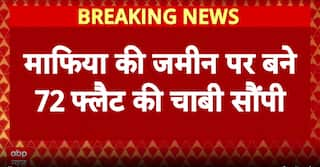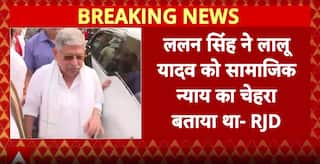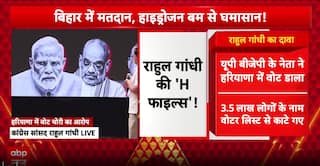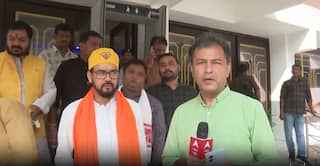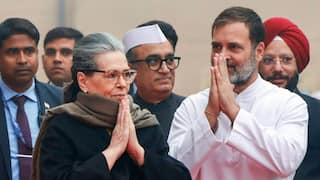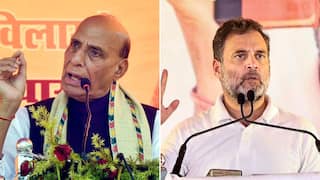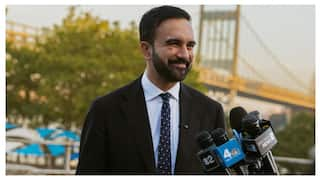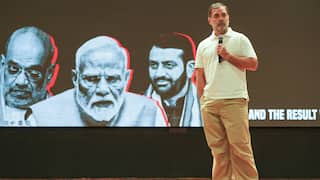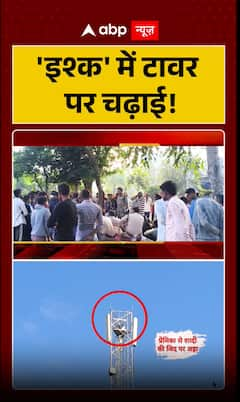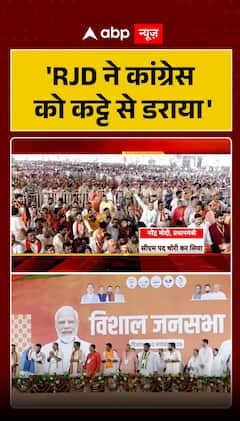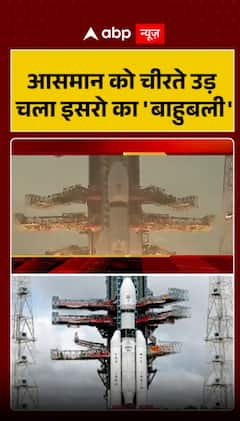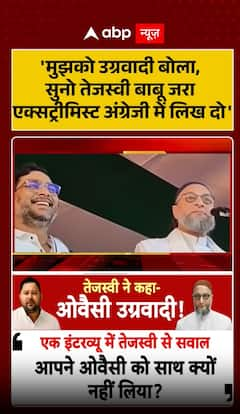Explorer
The years when Narasimha Rao played lion and mouse with Sonia

NEW DELHI: P.V. Narasimha Rao and Sonia Gandhi had tried to outmanoeuvre each other all through the former Prime Minister's five-year tenure.
A well-documented book based on Rao's private papers and diaries reveals that the former Prime Minister had little respect for Sonia's political abilities. He was opposed to Sonia running the party and country, says Princeton scholar Vinay Sitapati in Half Lion: How P.V. Narasimha Rao Transformed India (Penguin Random House).
Speaking to The Telegraph, Sitapati said: "The evidence suggests both Rao and Sonia are to blame for poor relations while Rao was Prime Minister: both were trying to outmanoeuvre the other. But Sonia Gandhi and her aides must take sole blame for their vindictive treatment of Rao after his resignation as Prime Minister. It is Rao's vision of India that we live in today; the Congress should own it."
In his initial years, Rao would visit Sonia - she had declined to head the Congress in May 1991 hours after Rajiv Gandhi's assassination - every week. He was also deeply sympathetic towards her and shared her concern for the safety and security of her children, Rahul and Priyanka.
Sitapati quotes a letter from Rao's archives to substantiate this. Three months after he took over as Prime Minister, Rao had written to the then US President, George H.W. Bush, raising the issue of Rahul's security. Rahul was then studying at Harvard.
"I had ventured to do so," Rao wrote, "knowing the warmth of your friendship as also the affection that Mrs Bush and you had for Mr Rajiv Gandhi and his family."
Rao, while acknowledging that the US authorities had "been most helpful in providing a certain level of security assistance to Rahul Gandhi", pointed out that "in normal circumstances these arrangements would have been deemed satisfactory".
However, Rao added, Indian security agencies believed that Sikh extremists were plotting to kill Rahul.
So, he needed to be given more security, Rao urged the US President. "The minimum, I believe, would be the availability of one trained person with him, who has also the necessary intelligence backing of various agencies, and effective means of communication."
Sitapati says this request for tighter American security for Rahul, enhanced protection for Sonia and Priyanka, regular visits to 10 Janpath and ritualistic invocations of Rajiv's legacy kept Rao's first year and a half "incident free".
The author quotes an unnamed friend of Rao's as saying that Sonia trusted the former Prime Minister enough to ask him: "People are asking me to come to politics. If I was your daughter, what would you advise?" Rao, 25 years older than Sonia, is reported to have replied: "Since you are asking as my daughter, I would say, don't come."
Occasionally, the infamous gatekeepers at 10 Janpath made Rao wait on the phone for a few minutes. Rao's dry wit would then come in handy. He told his press secretary, P.V.R.K. Prasad: "I do not mind. It is the Prime Minister who minds."
But December 6, 1992, worsened the Rao-Sonia equations. Sonia issued a terse statement, condemning the razing of the Babri Masjid. The Rao camp viewed it as her first political act. Although Sonia's statement did not blame Rao directly, he took note.
Gradually, Rao stopped visiting 10 Janpath to brief Sonia about the affairs of state. Sitapati says that by mid-1993, the then Prime Minister had begun to imagine the unimaginable: "That he could sever the engine from the train and finally rid himself - and the party - of the Nehru-Gandhis."
This had an opposite effect - it prompted Rao's detractors like Arjun Singh, M.L. Fotedar and Natwar Singh to incessantly complain to Sonia. Rao did not have a forum to present his side of the story.
He, however, did not sit idle. On one occasion, he called up Gopalkrishna Gandhi, then heading the Nehru Centre in London, and told him to serve as high commissioner to South Africa.
Gopalkrishna, the grandson of Mahatma Gandhi and C. Rajagopalachari, represented a lineage that was, perhaps, more central to the freedom struggle than the Nehru-Gandhis.
Sitapati quotes Gopalkrishna as saying: "I do not think that the political significance of that was lost on Narasimha Rao. This was the first time a member of the family with a political heritage which is very different from the Nehru-Gandhi family was being honoured."
When Gopalkrishna became Bengal governor in 2004, Rao sent loyalist R.K. Khandekar to congratulate him. Sitapati quotes Gopalkrishna as saying: "I think he (Rao) had some political ambitions for me. It is possible that he was trying to wean off the Congress from the Nehru-Gandhi family."
Around mid-1995, Rao hosted an iftar at Delhi's Hyderabad House. Sitapati claims Rao's astrologer, N.K. Sharma, walked up to Sonia and asked her: "Do you want Rao's resignation?" Sonia is said to have replied: "No, no, who asked you?" Sonia then told Sharma: "Please continue supporting Mr Narasimha Rao."
When Sharma got back to the Prime Minister, Rao did not believe him. Sitapati believes Rao was paranoid that Sonia was plotting a coup.
The author insists that Rao's private papers contain no evidence to support Subramanian Swamy's claim that Rao had collected some material on Sonia, especially her citizenship documents.
Rao called for the national elections in May 1996. He was counting a lot on Tamil Nadu, where electoral logic dictated that the Congress should tie up with the DMK, which was expected to sweep the state. But this was not to be.
Sitapati quotes Rao's son, Prabhakara Rao, as saying: "A case was being built up (by his enemies within the Congress) that Rao was trying to support the people who killed Rajiv Gandhi." Sensitive to the charge, Rao sided with the AIADMK instead of the DMK.
Sitapati quotes Rao's press secretary Prasad as saying: "He would have come back to power in 1996 but he chose to follow his principles. It cost him."
In the author's assessment, Rao kowtowed to Sonia but never altered government policy. When their relationship deteriorated, Rao discarded Rajiv's associates and contemplated sidelining Sonia but did not publicly challenge her.
"Rao had simultaneously played both lion and mouse with Sonia," remarks Sitapati.
-The Telegraph Calcutta
Follow Breaking News on ABP Live for more latest stories and trending topics. Watch breaking news and top headlines online on ABP News LIVE TV
Read more
Advertisement
Top Headlines
India
India
Election 2025
World

ABP Live Education
Opinion
Advertisement










